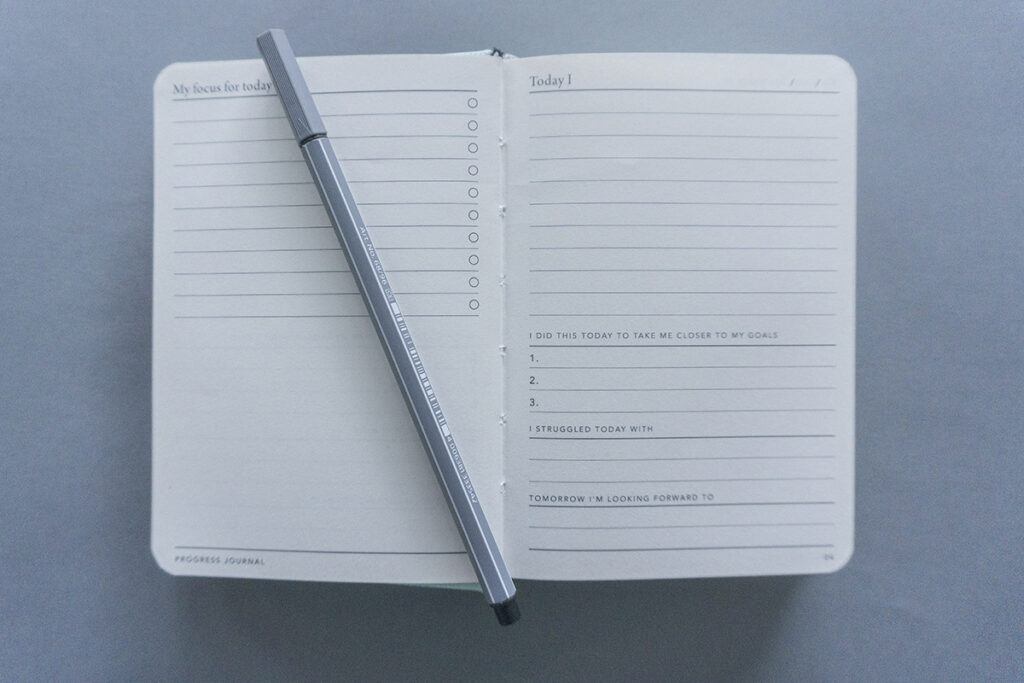Whether in person, over the phone, or online, a strong interview can be the difference between moving forward in the process and securing a new role or being left without a job offer. Preparation for your interviews will be the key to your success. Read our tips for preparing for a technology job interview at a law firm to ensure you’re ready to impress at your next interview.
Do Your Homework
Research the law firm and hiring manager
Explore the law firm’s website so that you’re aware of who they are, what they do, and what they value. The About Us and History pages are a good place to start. Look for any recent developments or changes either through a news or press release section of their website or by researching the company through Google or another search engine. Checking out their LinkedIn page or their profile on Glassdoor is another good way to better understand the firm before your interview. You might also be able to discover the firm’s use of technology to achieve their goals. Take notes while you research and prepare to leverage what you know during your interview, complimenting specific aspects of the firm or asking questions like, “I noticed your firm recently____, how has this change impacted the day to day here at ____?” This will demonstrate your enthusiasm and help you stand out from the crowd. But don’t do this halfway, an employer can see through faked enthusiasm or surface-level knowledge.
Additionally, researching the person that will be interviewing you could also give you an opportunity to make a connection. Check LinkedIn and/or a website bio to give you an understanding of the hiring manager’s or other interviewer’s career, role, and responsibilities and possibly find a potential personal connection.
Understand the position
Talk with your ESP Legal recruiter about the details of the position—the technical requirements and responsibilities— for which you are interviewing. Consider where you would fit within the organization, who you will report to, and if applicable, who will report to you. Make comparisons to roles you’ve held formerly, or to your dream role. Preparing with your recruiter is a great opportunity for you to ask questions you might not want to raise in an interview.
Prepare Your Answers and Examples
Although you can’t know the exact questions an interviewer is going to ask you, most interviewers tend to follow patterns. You can prepare answers and stories that will demonstrate your strengths and eligibility for the legal technology position for which you are interviewing.
“Tell me about a time when…”
Write a list of your professional accomplishments and think about your strengths. Then consider which of those would translate well to the position you’re interviewing for and practice telling those accomplishments as stories, focusing on your strengths and what uniquely enabled you to accomplish the task. Interviewers want to know how you’ll manage a tricky or challenging situation or how you’ll deal with a difficult co-worker; most importantly, they want to see how you work within a professional legal environment. Often a story about an accomplishment can be used to answer a variety of questions—so preparing a few stories beforehand can prepare you more for an interview than simply thinking of answers to a long list of common interview questions.
“Tell me about yourself…”
This question is a terrific opportunity to take charge of the interview and talk about your strengths, qualifications, and why you’d be good at the job. At the same time, you can express who you are personally and professionally to your interviewer. Take advantage of this opportunity; your answer to this question should directly fit the concerns and objectives of the prospective employer and relate to the specific position for which you’re interviewing. Don’t go too long. Practice a three-minute bio before going to your interview that is based on the needs of the law firm and shows how your skills and abilities would help the employer achieve their objectives.
“What is your greatest weakness?”
While you may not be asked this at an interview, it is a question worth preparing for—it is asked often enough that it should never catch you off guard. The best thing to do is answer honestly. Share a weakness that isn’t essential to the job, but isn’t fluffy or entirely irrelevant either. Then talk about the ways you have overcome or are working to overcome this weakness. This demonstrates to the interviewer that you are self-aware and willing to acknowledge mistakes and weaknesses, but also shows that you seek ways to improve yourself and overcome obstacles.
Prepare Questions to Ask Your Interviewer
Always have a number of insightful questions prepared to ask your interviewer that will reflect back positively on you.
Questions about working for the law firm
Asking if there are opportunities to advance within the firm or if they offer technical training opportunities to their employees demonstrates that you would like to stick around for a while and are interested in further developing your skillset. Don’t be afraid to ask your interviewer what they enjoy most about working for the law firm or if they can tell you about the firm’s culture. These questions will not only help you understand if the firm is a good fit for you, but they will also show your eagerness to understand what it would be like to work there.
Questions about the job
Asking about workflow, distribution of tasks, and if you’ll primarily be working independently or as part of team are also great question areas during the interview. Be prepared in all instances to offer an anecdote from your professional background to emphasize your abilities and suitability for the role. You may also want to ask, “Who would be the ideal person for this job?” Often, your interviewer will realize that the person he or she is looking for is the person sitting across from them.
Practice Makes Perfect
The IT recruiters at ESP Legal are happy to help you practice and develop your interviewing skills. They’ll offer feedback based on their professional expertise and analysis of the impression you make in an interview. Consider his or her advice carefully as you further prepare for your interview.
Interviewing is a practiced art. If you can master the art of interviewing, you’ll have success in your job search.



